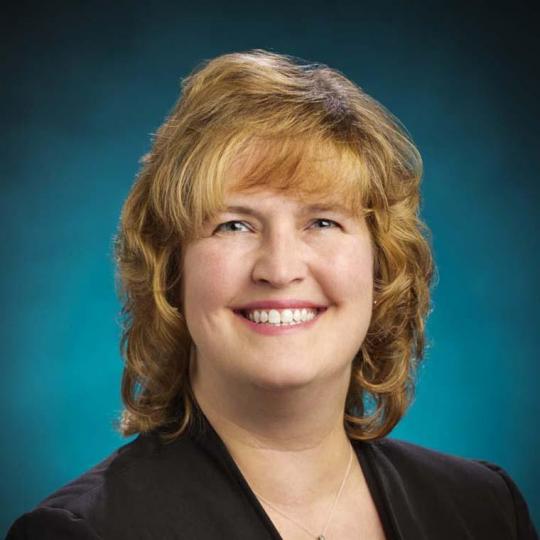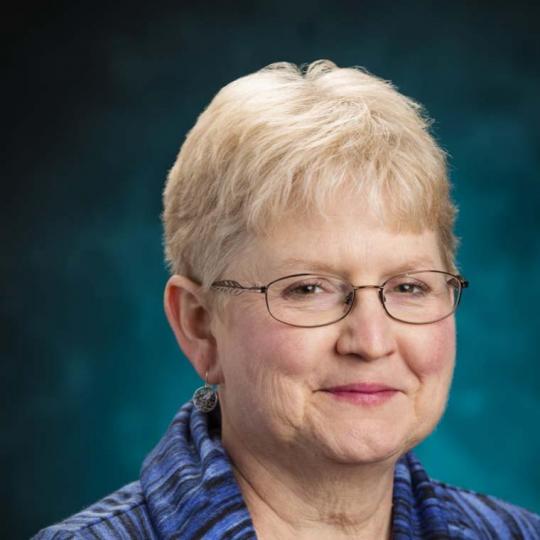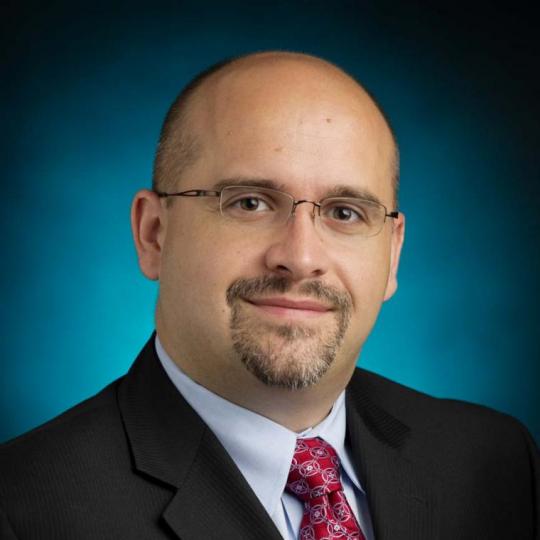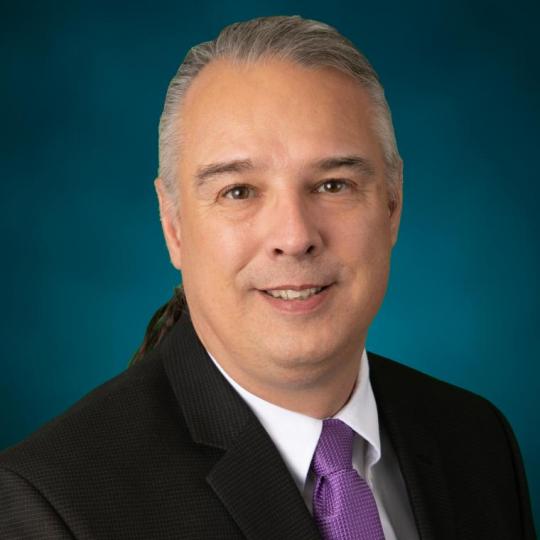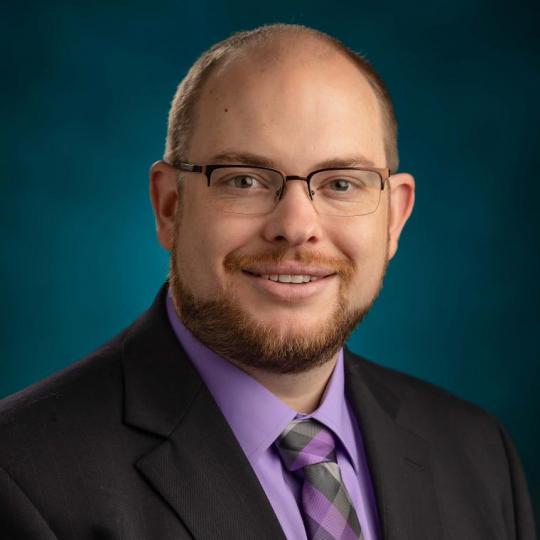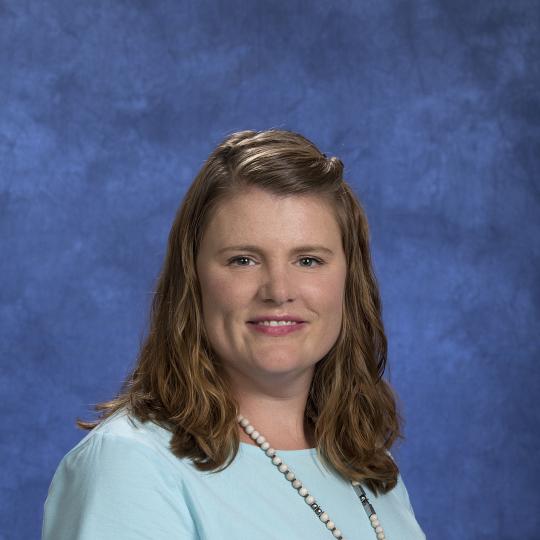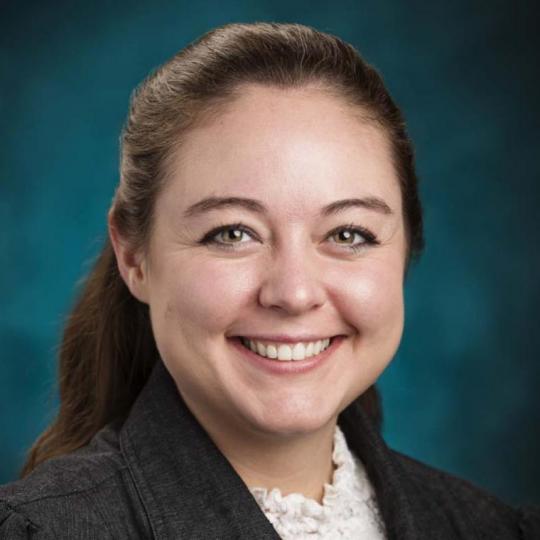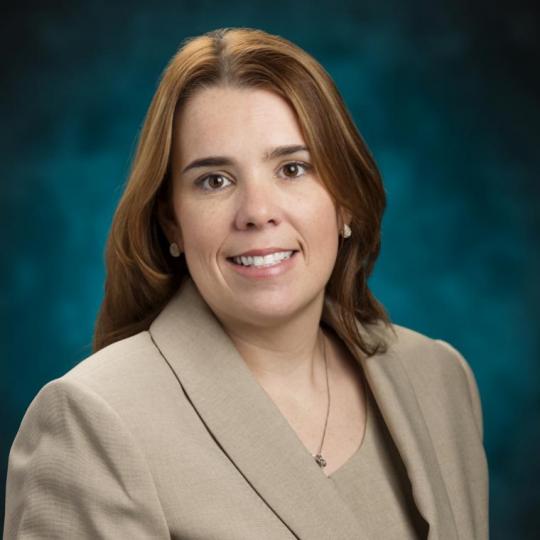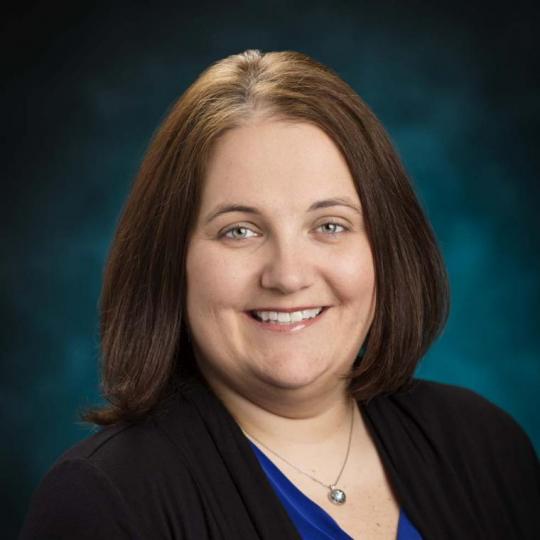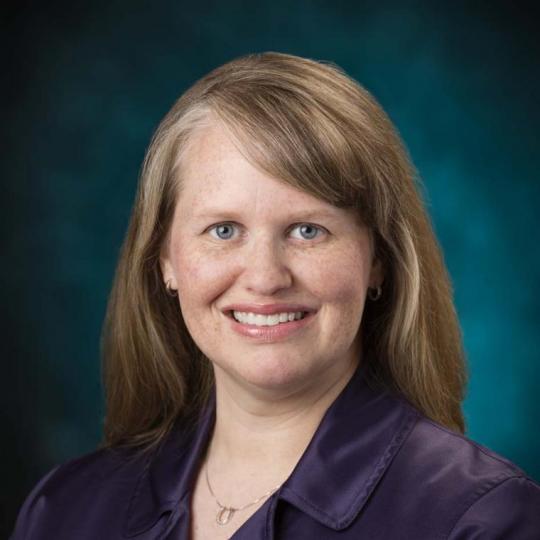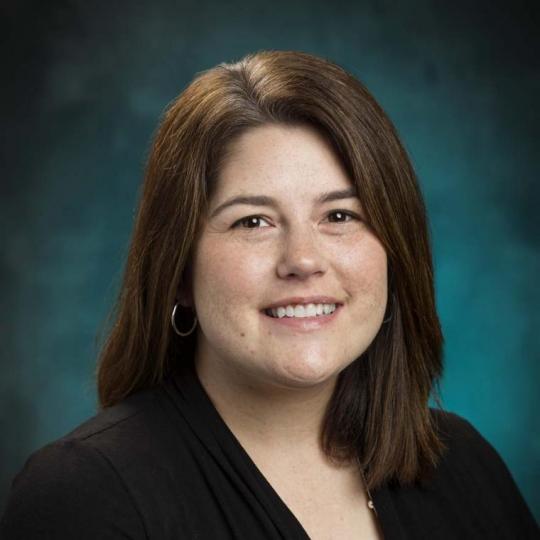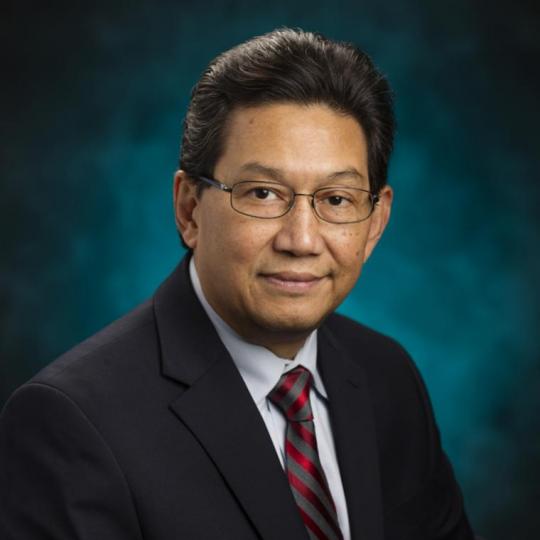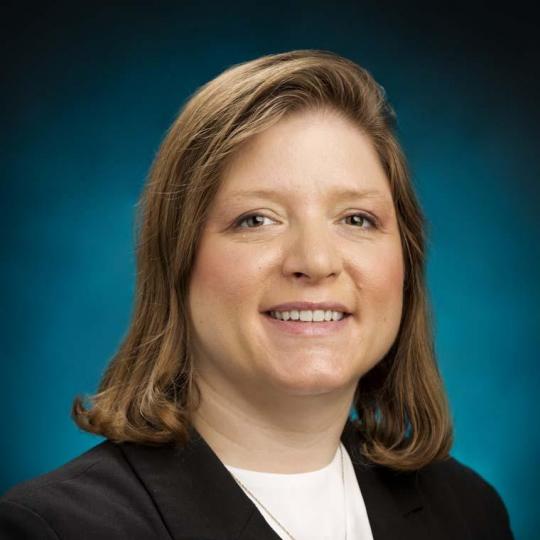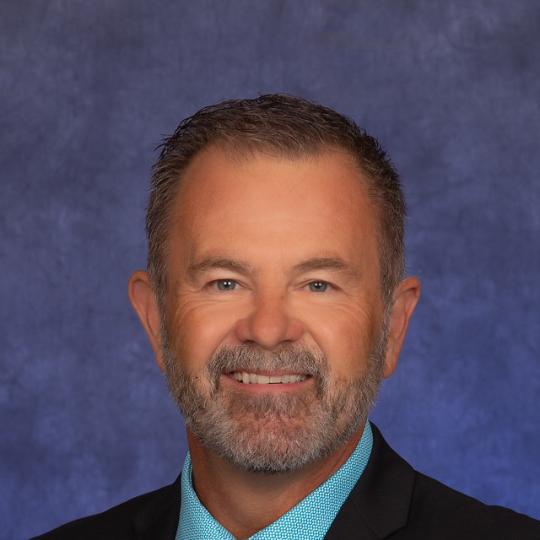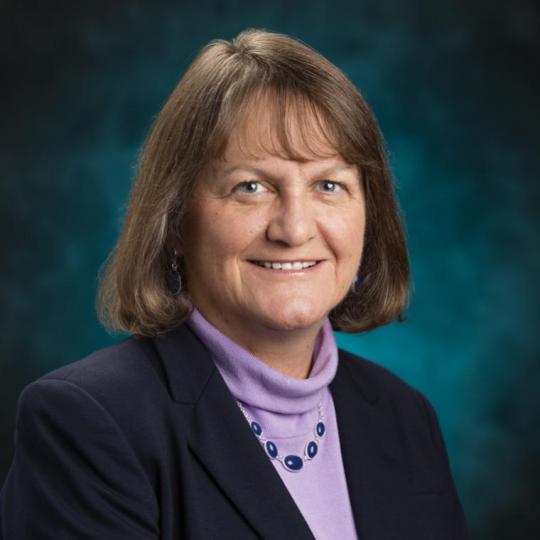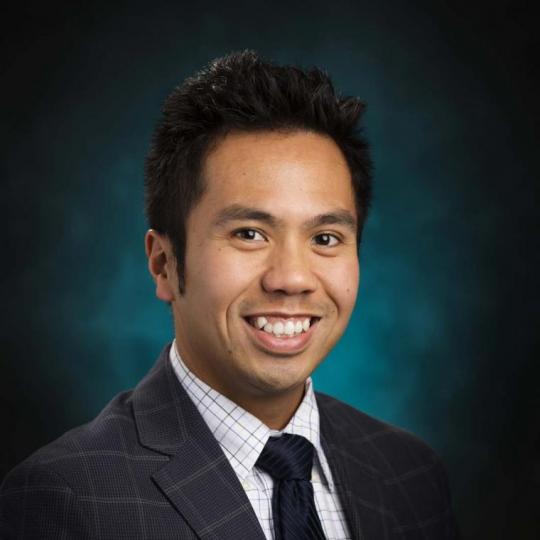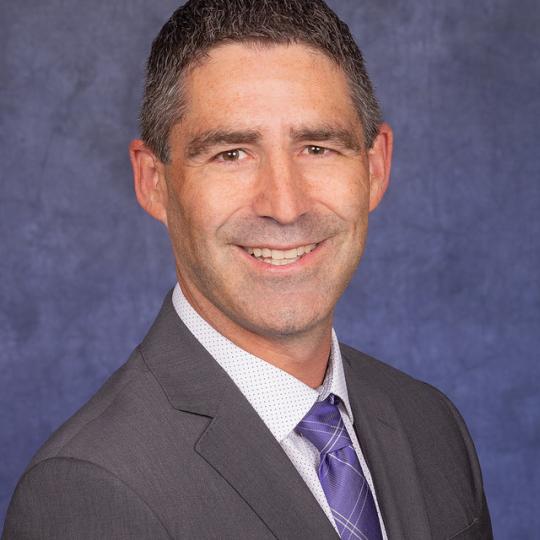Pediatric Primary Care
Overview
Pediatric primary care focuses on the overall health and well-being of your child from infancy through adolescence. It includes regular well-visits and examinations, all vaccinations, and diagnosis and treatment of most childhood ailments. SIU Medicine physicians and other providers welcome new patients.
Our providers
Why SIU
Continually learning
With a focus on continual improvement, our doctors take the time to research, study and innovate to provide the latest treatments for our patients.
Patient-first experience
Our care ranges from primary care physicians to specialists and sub-specialists who have advanced training. We're here for you when you need us.
Breakthrough tech
Continually teaching the next generation of doctors, our physicians use the latest developments in procedures and technologies for our patients.
Patient-Centered Medical Home
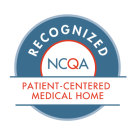
The Patient-centered medical home is a model of care that puts patients at the forefront of care. PCMHs build better relationships between people and their clinical care teams. Participation in an NCQA recognition program demonstrates that the practice or clinician values quality health care delivery and the latest clinical protocols to ensure that patients receive the best care at the right time.
Research shows that patient-centered medical homes:
- Improve quality: Patients get the treatment that they need when they need it.
- Reduce costs: They prevent expensive and avoidable hospitalizations, emergency room visits, and complications. This is especially true for patients with complex chronic conditions.
- Improve the patient experience: They provide the personalized, comprehensive coordinated care that patients want.
- Improve staff satisfaction: PCMHs have systems and structures that help staff work more efficiently.
Patient-Centered Specialty Practice
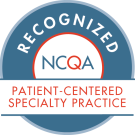
The PCSP Recognition program builds on the success of the Patient-Centered Medical Home (PCMH) Recognition program by recognizing specialty practices that excel in delivering high-quality, patient-centered care. It focuses on proactive coordination and sharing information. Everyone in the practice works as a team to coordinate care with primary care, other referring clinicians, community resources and secondary services.
Practices are encouraged to organize care around patients and coordinate and track care over time. Specialty practices are required to organize care across all practices and patient visits—centering care on the patient, instead of on the care setting.


